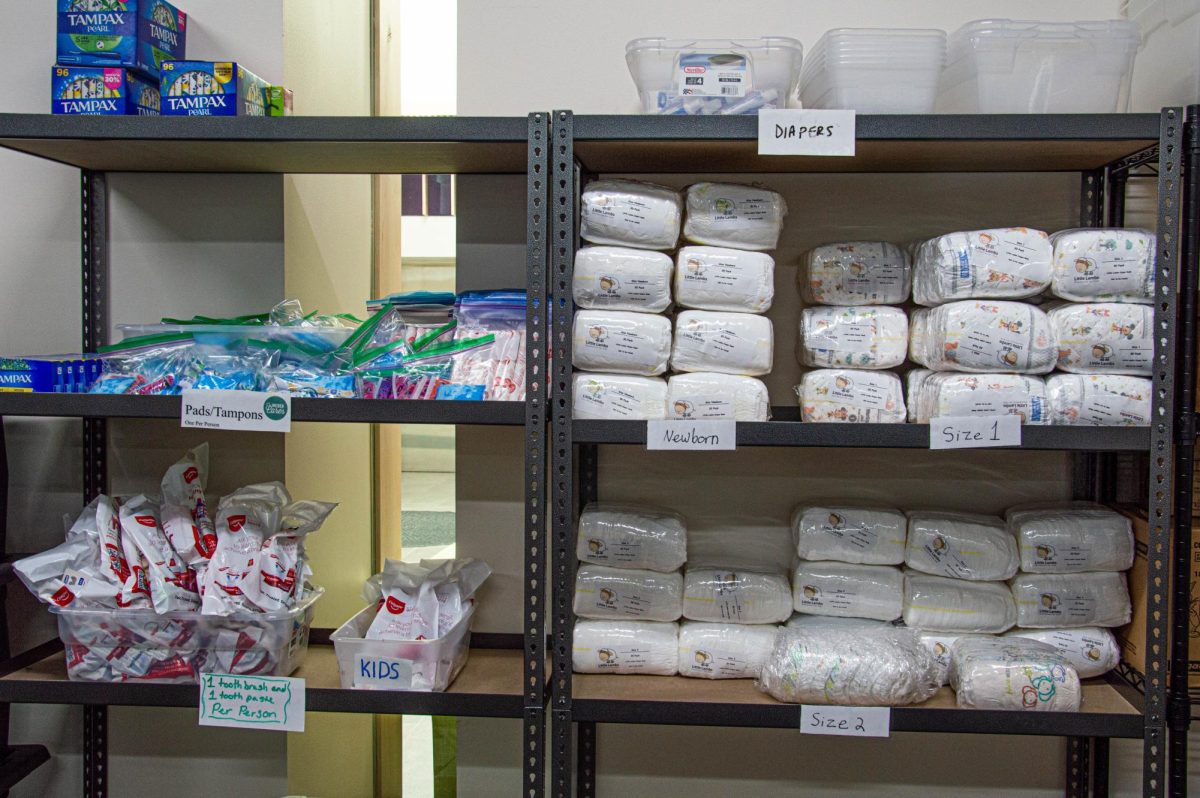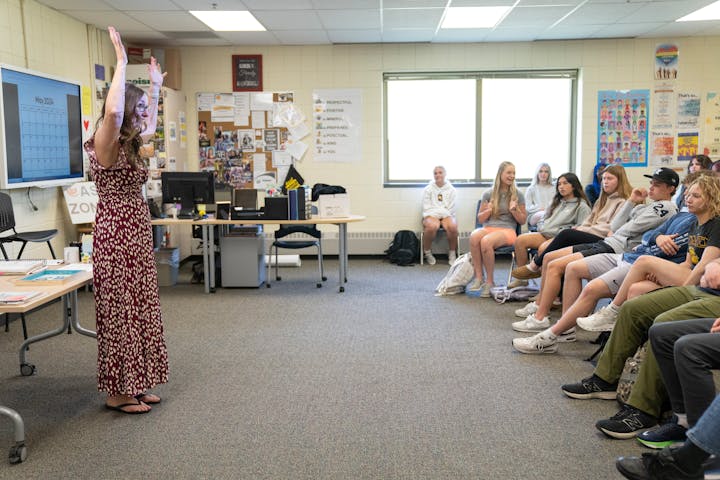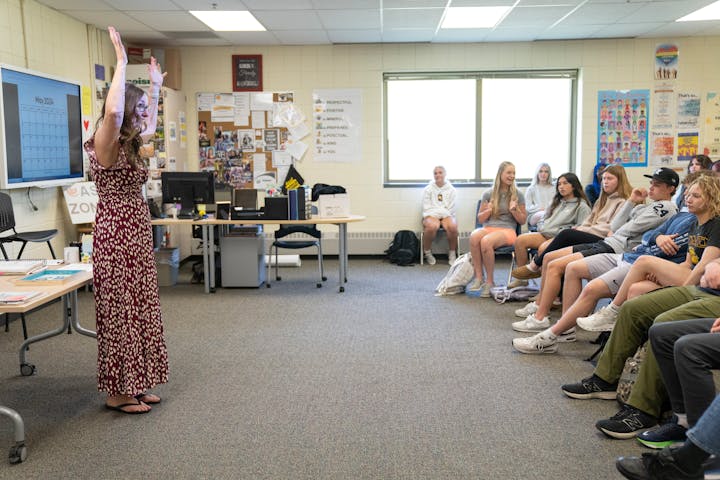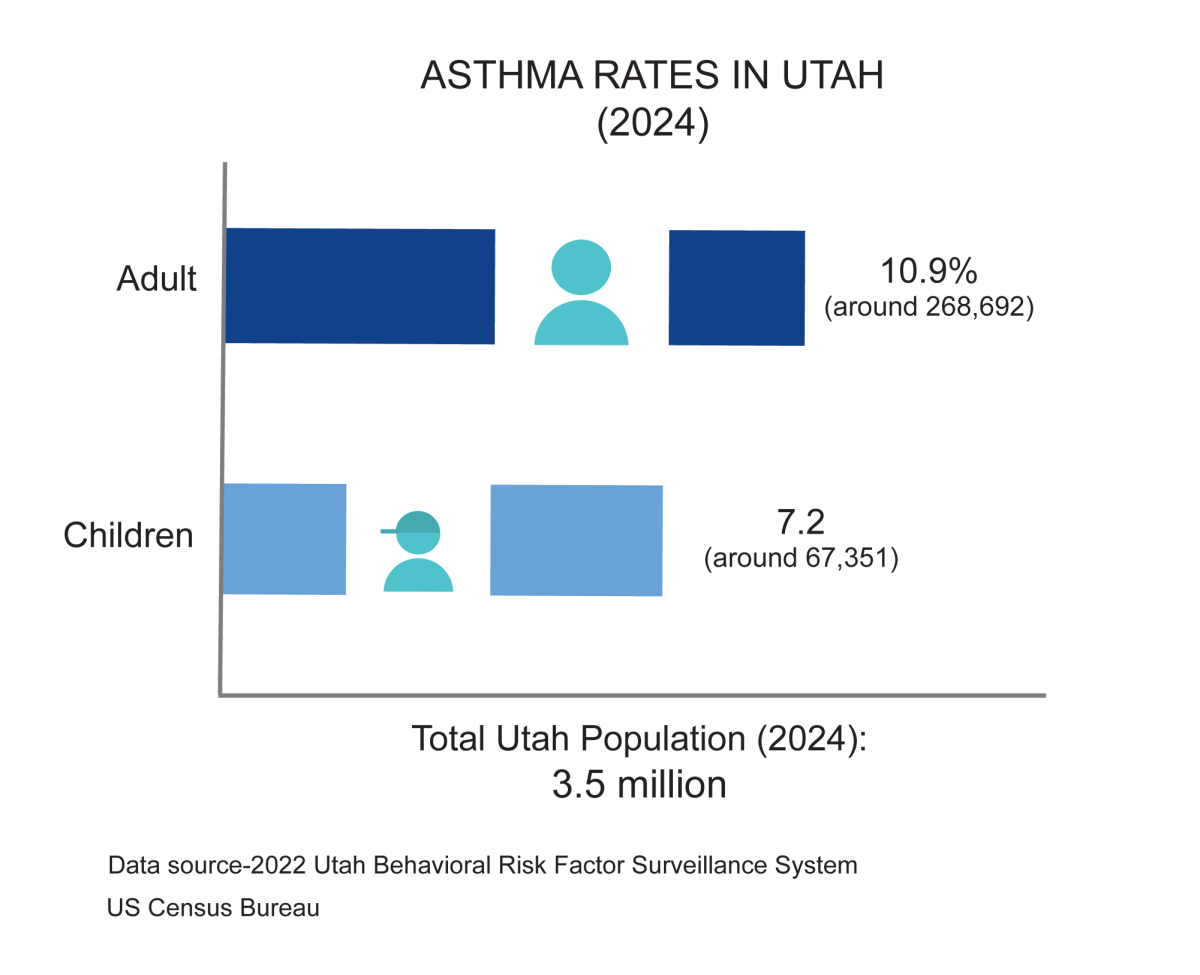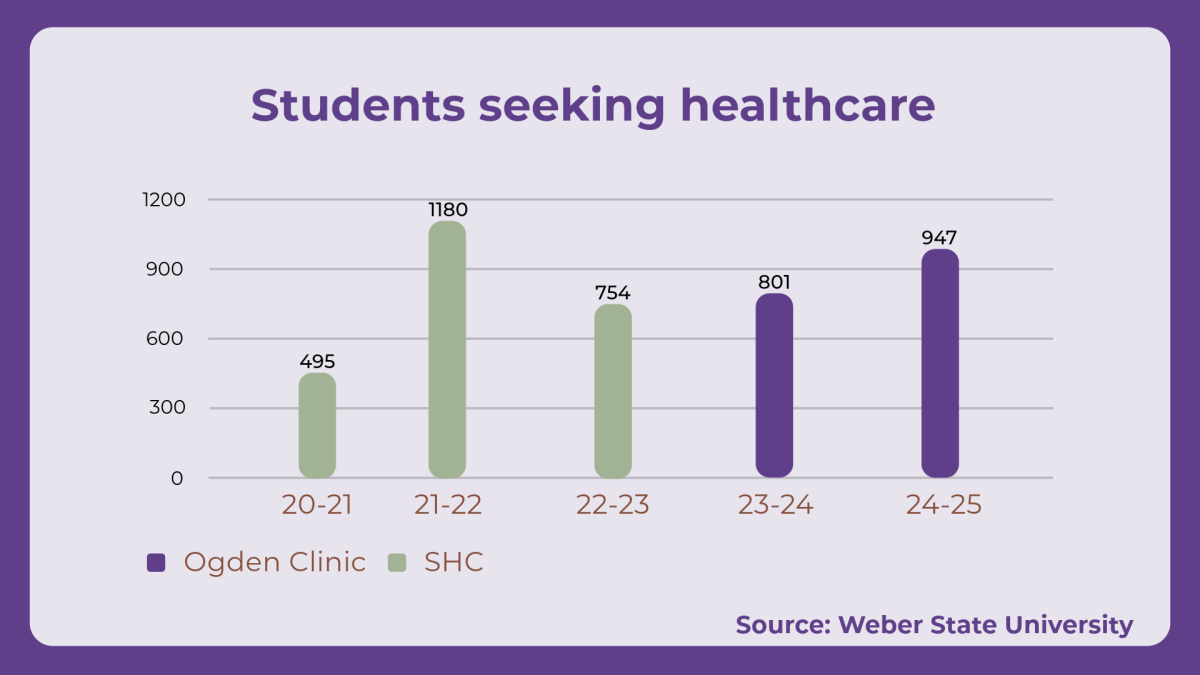
Weber State University will take part in commemorating World AIDS Day through a safe-sex workshop on Monday and free HIV testing on Thursday, hosted by the WSU Center for Diversity and Unity in conjunction with the Northern Utah Coalition and Planned Parenthood.
World AIDS Day was first held in 1988 as the first-ever global health day and takes place worldwide on Dec. 1 of each year. This year, the theme of the event is “Getting to Zero.”
“We hope that, one day in the near future, we will get to zero, meaning no new HIV infections,” said Sarah McLellan, project director for the Northern Utah Coalition.
The safe-sex workshop will be held in Room 232 of the Shepherd Union Building from 12:30-1:30 p.m. on Monday. Planned Parenthood representatives will discuss STI education and awareness and invite students to participate in open discussion.
“I think it will be a great environment to ask questions,” said Adrienne Andrews, the Center for Diversity and Unity coordinator. “There are no bad or stupid questions when we are talking about our bodies and our sexual health.”
The Center for Diversity and Unity will also provide the opportunity for students to participate in free rapid HIV/AIDS testing from 8:30 a.m. to 1:30 p.m. in Room 232 of the union building on Thursday. Last year, approximately 80 students participated, and Andrews said many of those students did so even though they were not sexually active.
“Everybody should be tested,” Andrews said. “It gives you peace of mind in either direction even just to be able to say, ‘I’ve been tested.'”
The test is administered through a finger-prick system and is confidential. Students can know within days whether they are positive or negative.
“If you test positive, you will know what resources are available, what support networks are available as you go through the process of learning your status,” Andrews said. “And if you are not, still being aware of the information and resources is incredibly helpful.”
Alisha Stucki, the secretary of the Gay-Straight Alliance at WSU, also known as H.O.P.E., said she feels it is important for anyone, even if they do not feel they are at risk, to be tested.
“It is stigmatized in the United States as maybe just a gay disease, but it’s not,” she said. “This impacts everybody. It’s not just a gay thing — it’s an everyone thing.”
In fact, although gay men have the highest rate of HIV in the U.S., the group with the highest rates worldwide are people who have heterosexual sex. Women are also more likely than men to contract HIV through sexual intercourse.
HIV is most commonly transmitted though unprotected sex, having multiple sexual partners, sharing needles, or being born to an infected mother.
“If you have ever had any sort of medical condition that has put you in a hospital or you’ve engaged in any type of sexual activity, whatever the case may be, you should be tested,” Andrews said.
HIV was first identified in the 1980s and has since become a global epidemic. The number of people throughout the world who are HIV-positive has increased from 8 million in 1990 to 34 million by the end of 2010.
Throughout the United States, though the number of people living with HIV has increased, AIDS-related deaths have steadily decreased and the number of new infections has remained relatively stable. In Utah, the number of HIV infections increased from 96 in 2008 to 112 in 2009, but the number of deaths decreased from 20 in 2008 to 19 in 2009.
Stucki said that, in Utah, being educated about HIV and STIs is crucial because it is rarely spoken of.
“Even though we don’t talk about it, it still happens,” she said. “All of our lawmakers talk about abstinence without pushing for any further education, so people should look for ways to be educated about it.”











